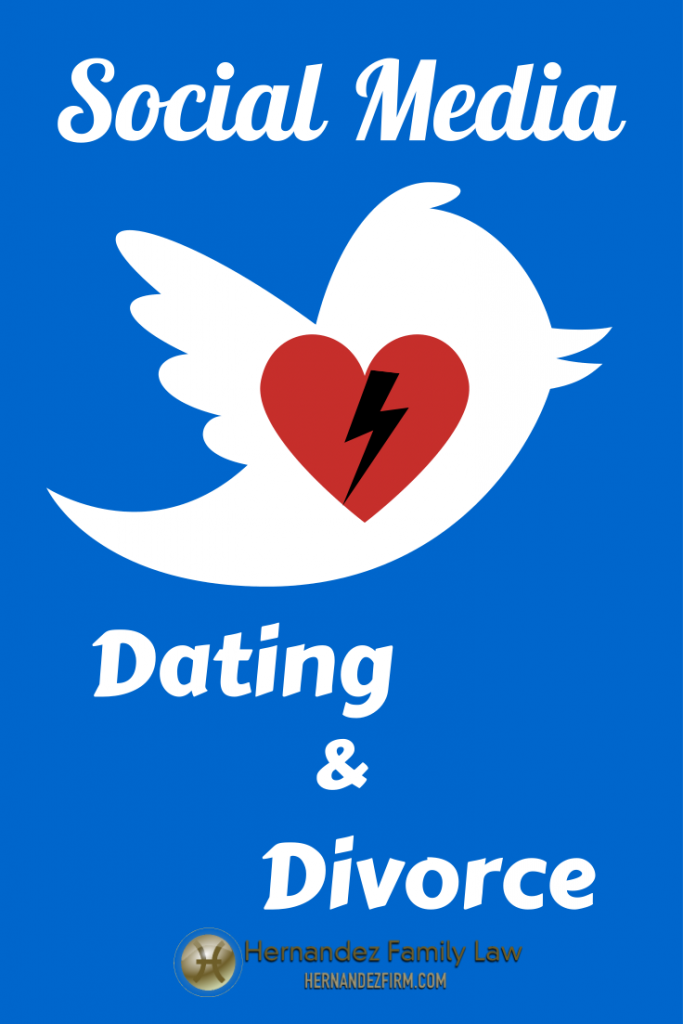Stages of Love: Social Media in Divorce and Dating
As you can imagine, social media is the perfect place for every stage of love. You can meet someone new through a dating site, as well as through mutual friends or interests.
You can build your connections every day with the messages you send and the content you share. What you might not realize is that the growing interconnection between your relationships and social media can have bad effects.
Below, let’s look at how you can get into trouble online in both dating and divorce. Also, read here for tips if you want to avoid a divorce altogether.
Social Media and Dating
Whether you’re single or divorced, online dating is one of the primary ways people try and find their significant others. We’ve previously discussed some ways you can have better success with finding love, but be aware of the risks involved:
Two recent reports of people that have been defrauded while searching for love online make the prospect of online love worrisome. First, a man sued OKCupid for $70,000 after falling prey to a scam. More recently, a woman revealed she had been scammed out of $86,000 by a man she “met” on Match.com. Dating sites make their money off of our collective desire to find someone who cares for us.
A good rule of thumb, if you haven’t met someone in person, don’t send money.
In addition, a new study published in Cyber Psychology Behavior and Social Networking found that active Twitter users are more likely to get involved in confrontations that can lead to infidelity and divorce. I know, I know…you want to support your friend’s “modeling and photography” business. However, maybe you shouldn’t repost each and every scantily clad model to your profile; it could turn off potential suitors (or your current partner).
There is no limit to how horrible people can be when it comes to love online. There also can be positives. The natural dynamics of being able to post somewhat anonymously can be freeing.
For example, some people are more likely to share feeling on social media sites or via e-mail. Though this can lead to conflict, approached the right way, it might improve your relationship. Your husband might not want to talk about what’s frustrating him in person, but allowing him to express himself in an e-mail may allow you both to find the reasons underlying the frustration. If you are on the receiving end of an e-mail from a partner who is trying to express themselves, remember to withhold judgment when something isn’t clear, as its easy to imply tone over text.
Social Media In Divorce
If you face the prospect of divorce, social media can become both a hindrance and tool. One of the best options is to consider deleting or deactivating your accounts if a divorce is pending. The prospect of getting rid of any of my accounts scares me a little, and I can understand how it could be concerning to other people. There’s a great reason people might want to do this: something you say online can and likely will be used against you in court.
In divorce cases, the things we share online are fair game in evidence. Without having the most stringent privacy settings, your posts could be accessed by your former spouse or even their legal staff. There have been many cases in which a Twitter or Facebook rant was Exhibit “A” at a trial for child custody or parenting time and that post totally changed the game in favor of one side or the other.
The Flip Side of the Same Coin
Just as your ex can monitor your social media profiles, you can do the same. In doing this, remember not to stalk your ex and to approach what you will see with a calm mind. Remember that while your ex might make you look bad by saying untruthful things, it will only hurt them once you get to court. Simply keeping track of their posts relating to the dispute or their unsuitable life choices can be a great help when attempting to settle cases involving children.
I don’t recommend making posts directly related to your divorce; when news of your divorce gets out, people could barrage you with questions or even make unfounded assumptions about your situation. As a result, you could feel a lot of pressure to defend yourself or to confront your ex and his or her accusations. Remember that no matter how right you are, the full context of your situation can’t be expressed online. Save your comments for court.
Divorce is difficult. Sometimes it can feel overwhelming. This is normal. Putting your accounts on hold can help you resist the temptation to say something “bad,” but it can also be be a great relief.
It is true that the inability to defend yourself (due to deactivating your accounts) is painful. You may lose friends in real life, as well as online. Remember this: You can make new friends and new profiles, but you may only get one chance to convince the court you should keep the marital home or your children.

